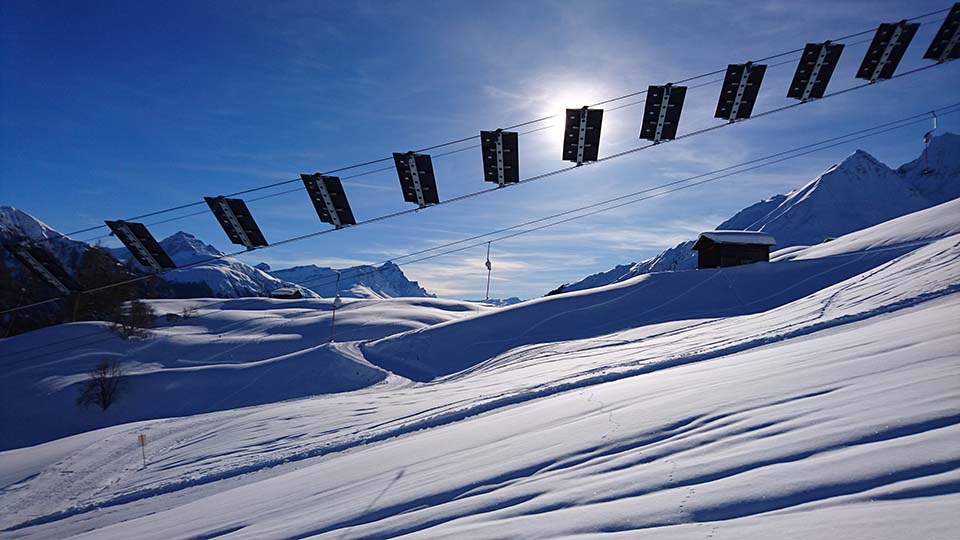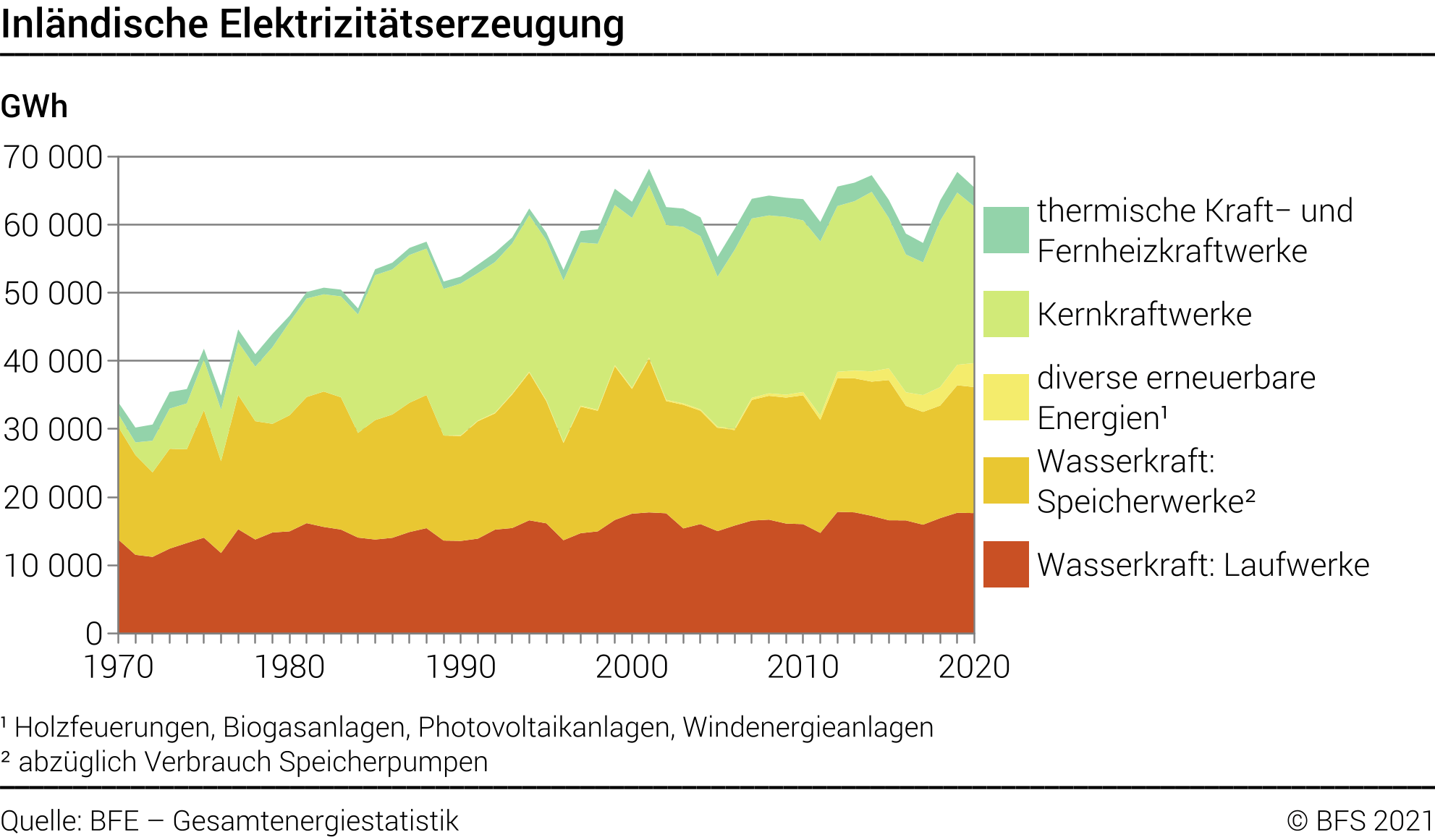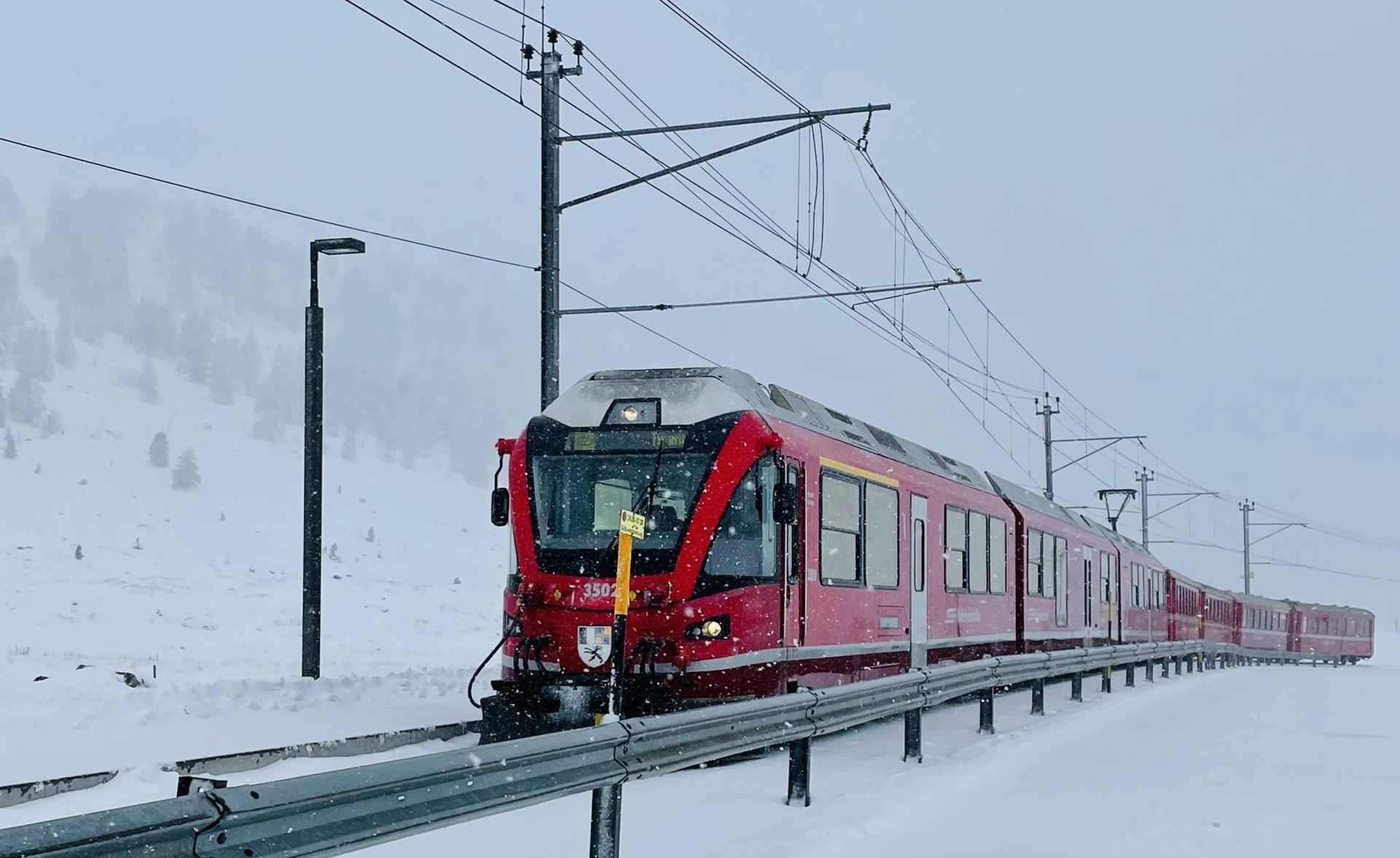
There are fears that the global energy crisis could claim a new victim: ski resorts. The Swiss government has released a four-stage emergency plan for what is expected to be a harsh winter with potential energy shortages. At Stage 1 people are encouraged to voluntarily cut energy use. At Stage 2, certain “peripheral” items will be closed down, this includes ski lift operations.
Resort managers in Switzerland are outraged. “The electricity consumption of all Swiss ski lifts combined is 0.3% of all electricity consumption in Switzerland,” Berno Stoffel, head of the Swiss Lift Association stated, “It won’t make a big difference”. He stressed that lift operators were happy to carry their share in cutting usage, for example by reducing operating hours, reducing snowmaking, cutting night skiing, cutting hot water supply to on-mountain restrooms, and lastly, slowing down the speed of lifts, which can apparently save 20% on its own.
However, he believes shutting down all lift operations would be a huge mistake. There are 2,400 lift operators in all of Switzerland who are the cornerstone of the Swiss ski industry which contributes CHF 5 billion ($5.1 billion) annually to the GDP. Some regions are more reliant on winter sport tourism than others. Regions such as Graubünden -home to St. Moritz and Davos – and Valais – home to Saas Fee and Zermatt rely quite heavily on income from the ski industry. The hospitality industry has been struggling for the last two covid winters. The economic cost seems to not be in line with the benefit.

Furthermore, Swiss resorts have been working on being carbon neutral or entirely reliant on renewable energy solely for many years. Andermatt is entirely carbon neutral. Zermatt has solar stations and four photovoltaic stations, the gondola Matterhorn Glacier Ride I can produce 270,000 kWh alone. The list goes on and on.
Swiss ski resorts use 183 GWh per year — the same as a medium-sized Swiss city like Thun or Baden. 55% of the electricity goes towards lifts, 32% towards snowmaking and 13% for services like restaurants etc.
183 GWh total usage in a country that produces about 65,000 GWh does not seem to make a material difference. The problem for Switzerland is rather its reliance on oil and gas imports as it has no own resources.

It seems short-sighted to force ski resorts to shut down. The electricity savings would be minimal, especially in light of the economic repercussions. Switzerland has no supply issues with electricity due to its extensive network of renewable (mainly hydro) power stations combined with nuclear plants.
The energy crisis is not driven by an electricity shortage but by a gas and oil shortage. Currently, one-quarter of the Swiss energy need is met through electricity. Marius Schwarz, an energy scientist at ETH Zurich, believes the future is in moving this share to one-third. He is adamant that trying to cut electricity in the Swiss Alps is the wrong angle. He suggests to rather incentivize more electricity production in the Alps as their location lends itself to more efficient renewable energy production than in low-lying areas.
But it is not surprising the industry targeted is one that is seen by many as elitist. It seems a rather populist choice despite numbers that clearly don’t speak in favor of such a drastic move.

1. Cableways are some of the most energy-efficient means of transportation in the world
2. Last I remember, some cableways and even chairlifts are on the Swiss National Timetable. Are they treated differently?